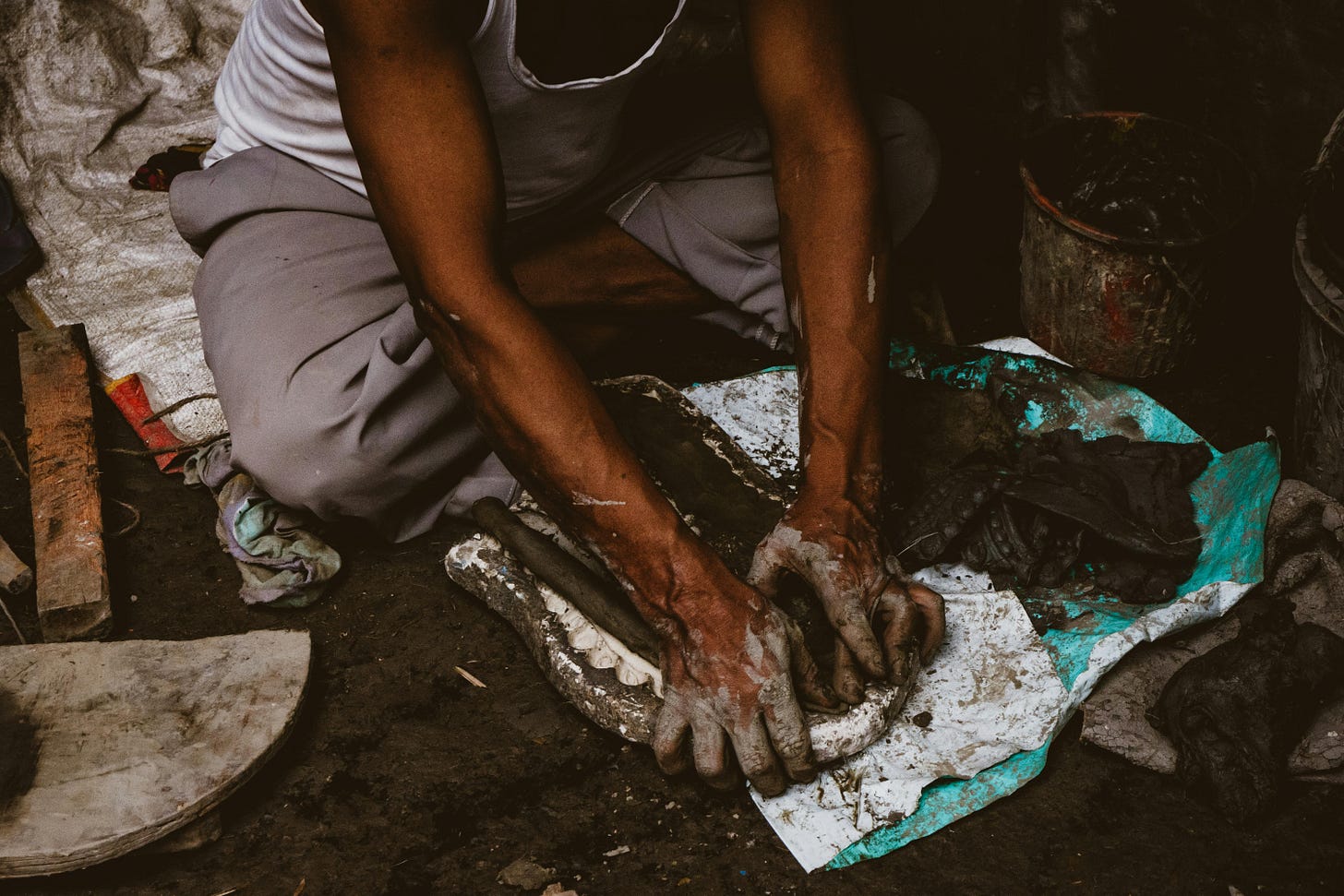The past couple years I have read through the prophets sometime before summer. Right now, I am currently in Jeremiah…
I read this story this week:
They turned him over to Gedaliah son of Ahikam, the son of Shaphan, to take him back to his home. So he remained among his own people.
6 So they took Jeremiah and put him into the cistern of Malkijah, the king’s…
Keep reading with a 7-day free trial
Subscribe to A Penteliturgical Pastor from F. Abram Bagunu to keep reading this post and get 7 days of free access to the full post archives.




